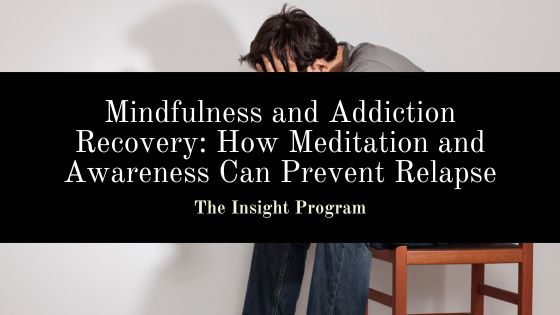Addiction recovery is a challenging journey that requires more than just willpower—it demands a shift in mindset and daily habits. One of the most effective tools for long-term sobriety is mindfulness, which involves being present in the moment without judgment. By incorporating mindfulness techniques such as meditation and self-awareness, individuals in recovery can develop healthier coping mechanisms, reduce stress, and ultimately prevent relapse.
Understanding Mindfulness in Addiction Recovery
Mindfulness is the practice of focusing on the present moment, acknowledging thoughts and emotions without getting overwhelmed by them. For individuals recovering from addiction, mindfulness helps build awareness of triggers, cravings, and emotional responses, allowing them to respond in a more intentional and controlled way. Instead of reacting impulsively, mindfulness encourages individuals to pause, observe, and choose a healthier course of action.
How Meditation Supports Sobriety
Meditation is one of the most powerful mindfulness practices for addiction recovery. Regular meditation can help rewire the brain by strengthening neural pathways associated with self-control and emotional regulation. Here are some ways meditation supports sobriety:
- Reduces Stress and Anxiety: Stress is a common trigger for relapse. Meditation helps lower cortisol levels, the stress hormone, creating a sense of calm and balance.
- Enhances Emotional Regulation: By practicing mindfulness meditation, individuals can recognize negative emotions without letting them dictate their actions.
- Strengthens Self-Awareness: Meditation allows individuals to observe their cravings and thoughts without immediately acting on them, helping them develop a stronger sense of self-control.
- Improves Sleep Quality: Sleep disturbances are common in recovery. Mindfulness meditation promotes relaxation and better sleep, which is essential for overall well-being.
Practical Mindfulness Techniques for Preventing Relapse
Incorporating mindfulness into daily life doesn’t require hours of practice. Even small, consistent efforts can make a significant impact. Here are some practical mindfulness techniques:
- Deep Breathing Exercises: Taking slow, deep breaths can help regulate the nervous system and manage cravings effectively.
- Body Scan Meditation: This practice involves mentally scanning the body for tension and discomfort, promoting relaxation and awareness.
- Journaling Mindfully: Writing down thoughts and emotions helps individuals process their experiences and recognize potential relapse triggers.
- Mindful Walking: Engaging in slow, intentional walks while focusing on each step and breath can help bring clarity and peace.
- Gratitude Practice: Reflecting on positive aspects of life fosters a mindset of appreciation and reduces stress-related relapse risks.
The Long-Term Benefits of Mindfulness in Recovery
Mindfulness isn’t just a short-term tool; it’s a lifelong practice that strengthens an individual’s ability to navigate challenges with resilience. By incorporating mindfulness and meditation into daily life, those in recovery can cultivate a deeper sense of self-awareness, reduce emotional reactivity, and build a foundation for sustained sobriety.
Conclusion
Mindfulness and meditation offer a powerful, science-backed approach to addiction recovery. By training the mind to remain present and respond thoughtfully to challenges, individuals can develop healthier coping mechanisms and significantly reduce the risk of relapse. Whether through guided meditation, mindful breathing, or self-awareness exercises, mindfulness can be a transformative force in the journey to lasting recovery.

